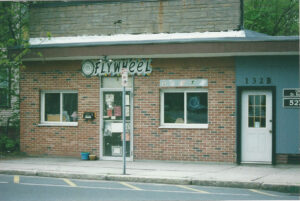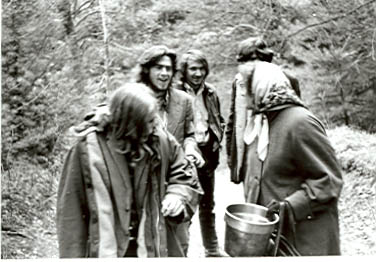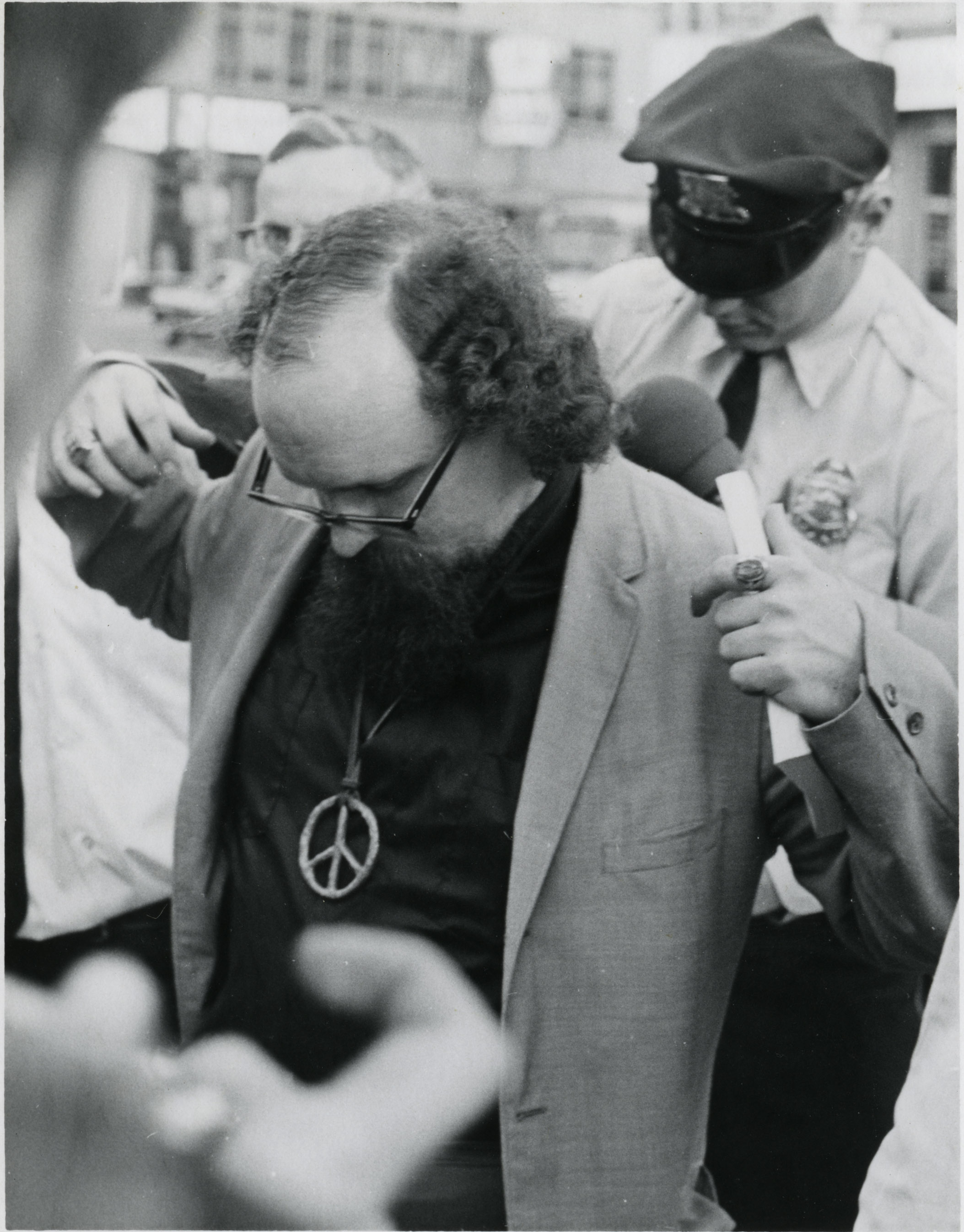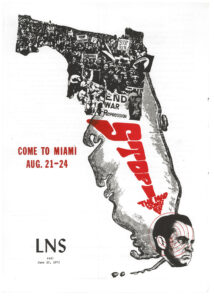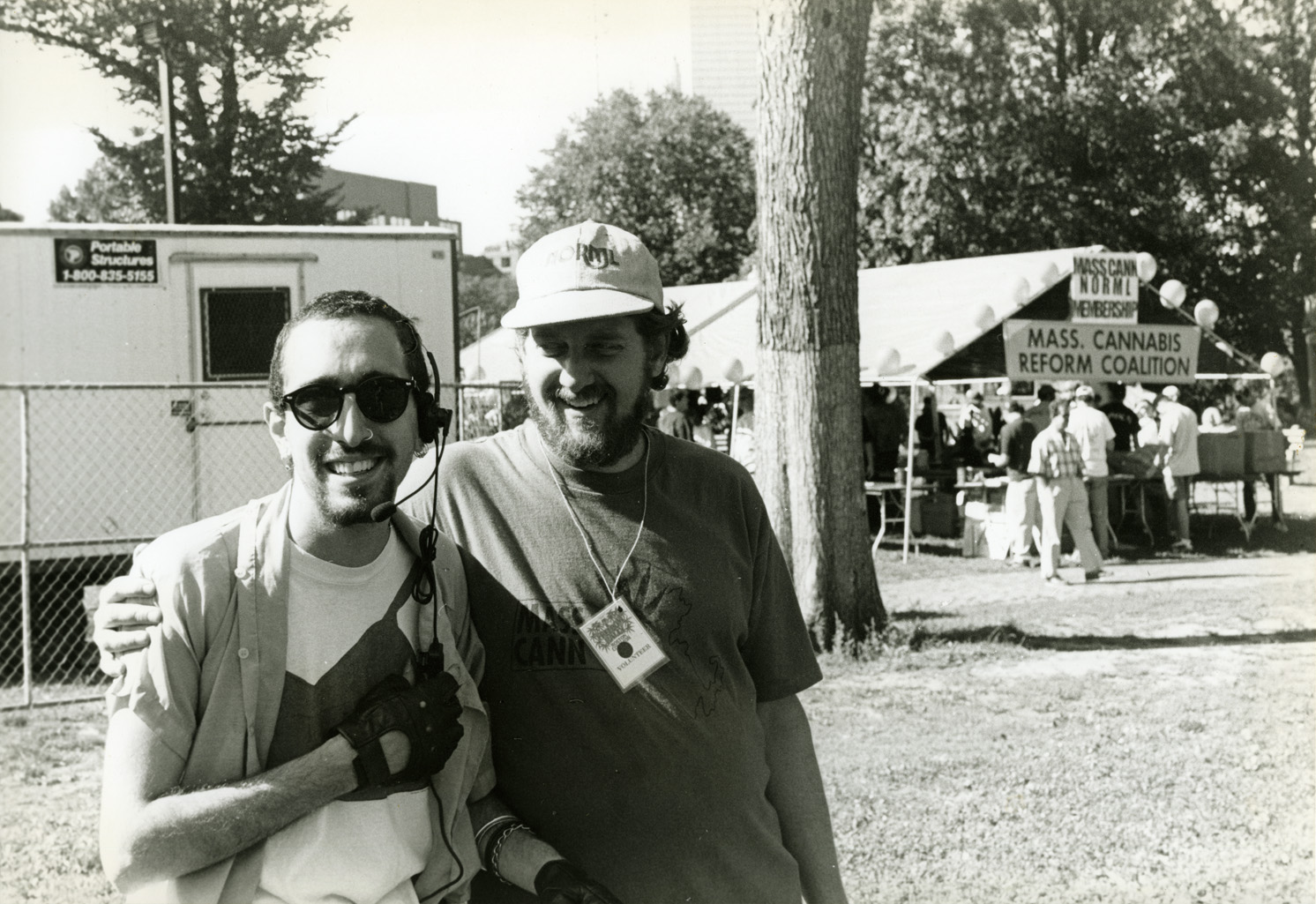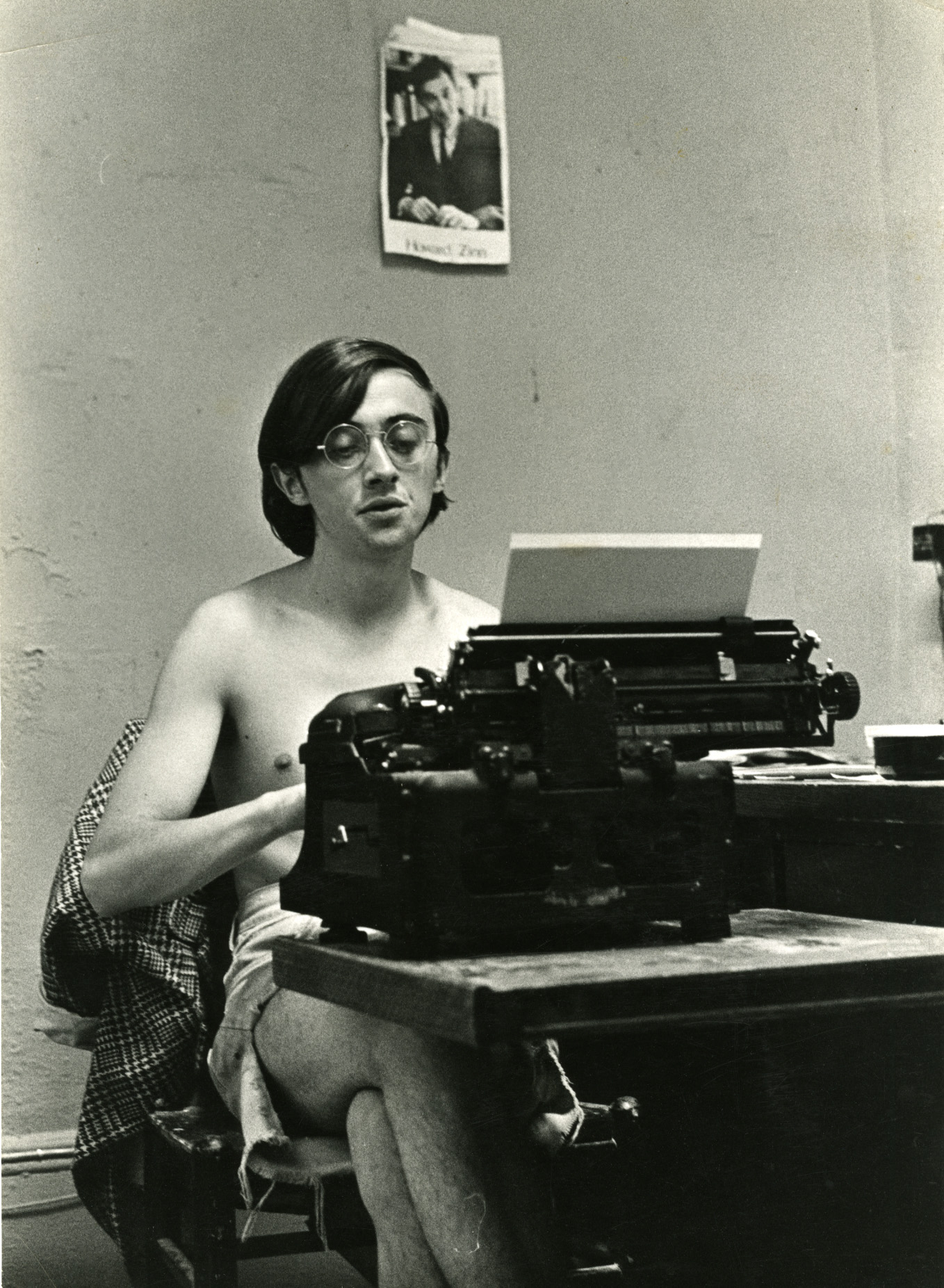Flywheel Community Arts Space Collection and Zine Library
In the spring of 1998, two western Massachusetts-based musicians/artists, Cindy Bow and Helen Harrison founded the Valley Arts and Music Alliance (VAMA), a grassroots collective of artists who worked collaboratively to produce free, all-ages shows and art happenings that reflected their own creative visions which operated in opposition to those of the established music industry. VAMA attracted like-minded people, most of whom were already doing similar things in their own homes, churches, dorm basements, record stores, VFW halls, and other non-traditional venues. Together, the group produced over two-dozen shows at The Fridge Art Gallery and other spaces in downtown Amherst, MA and elsewhere. In December of 1998, a friend, supporter, artist, and local lawyer, Stevan Bartone, located a space in Easthampton – a long-vacant cabinet store owned by a local Palestinian-born doctor named Shawki Kanazi located at 2 Holyoke St. that would serve as a home for VAMA.
As word of the space spread, several people joined the fledgling group and VAMA morphed into Flywheel. After a flurry of renovations to the space led by local artist and carpenter Bruce Todd and his dog Mashie, Flywheel opened its doors in March of 1999 with a day-long celebration of music, poetry, comedy, and visual art. For the next eight years, a stable of local bookers, volunteers, supporters, musicians, and artists facilitated a wealth of community-building artistic moments in this unassuming storefront in Easthampton, which at the time was a post-industrial city shaping its artistic future. In 2007, at the invitation of local developer and arts supporter, Will Bundy, Flywheel left 2 Holyoke St. for a larger space in Easthampton’s historic Old Town Hall at 43 Main St. Bundy formed a non-profit, City Space, to manage the building in which Flywheel was a tenant. Flywheel reopened in 2010 after three years of major renovations. In December 2020 Flywheel left Old Town Hall and has continued to program events at unconventional spaces around Western Mass.
The Flywheel collection documents its history from its inception as VAMA in 1998, to its transformation into Flywheel in 1999 and through its continued operation in the early to mid 2000s. These records document the construction and operation of Flywheel’s space at 2 Holyoke Street through photographs, correspondence, meeting minutes, digital files, and financial records. In addition, Flywheel and VAMA’s programming is reflected through vast amounts of promotional materials such as show flyers, posters, monthly schedules, correspondence, contracts, signage, artwork, and audiovisual materials. These items illustrate the rise of the do-it-yourself (D.I.Y.) music scene in Easthampton and Western Massachusetts as well as the national/international underground music community of the late 20th/early 21st century. Established, or soon to be established, “indie” artists such as Versus, Kim Gordon, Lightning Bolt, Ted Leo and the Pharmacists, The Gossip, Pernice Brothers, Dresden Dolls, Pansy Division, High Rise, Bright Eyes, and thousands of experimental artists, filmmakers, and musicians in a variety of genres/mediums from noise, electronic and jazz to hardcore, folk, and punk are represented in printed calendars and flyers. As a volunteer-run, consensus-based 501(c)3 non-profit organization with no paid employees, Flywheel’s success depended on small-scale fundraising efforts, volunteers, and community support. This structure is well documented through meeting minutes, fundraising appeals, a website, internal correspondence, signage, and collaboratively-produced guidebooks. In addition to organizational records, there is a large collection of fanzines and underground publications that constituted Flywheel’s “infoshop”. This collection of over 3,500 publications, which makes up the bulk of the collection, was built over the course of 20 years through donations by volunteers and supporters, show goers, zine makers, and by being listed in Slingshot, the Berkeley, CA anarchist newspaper.


